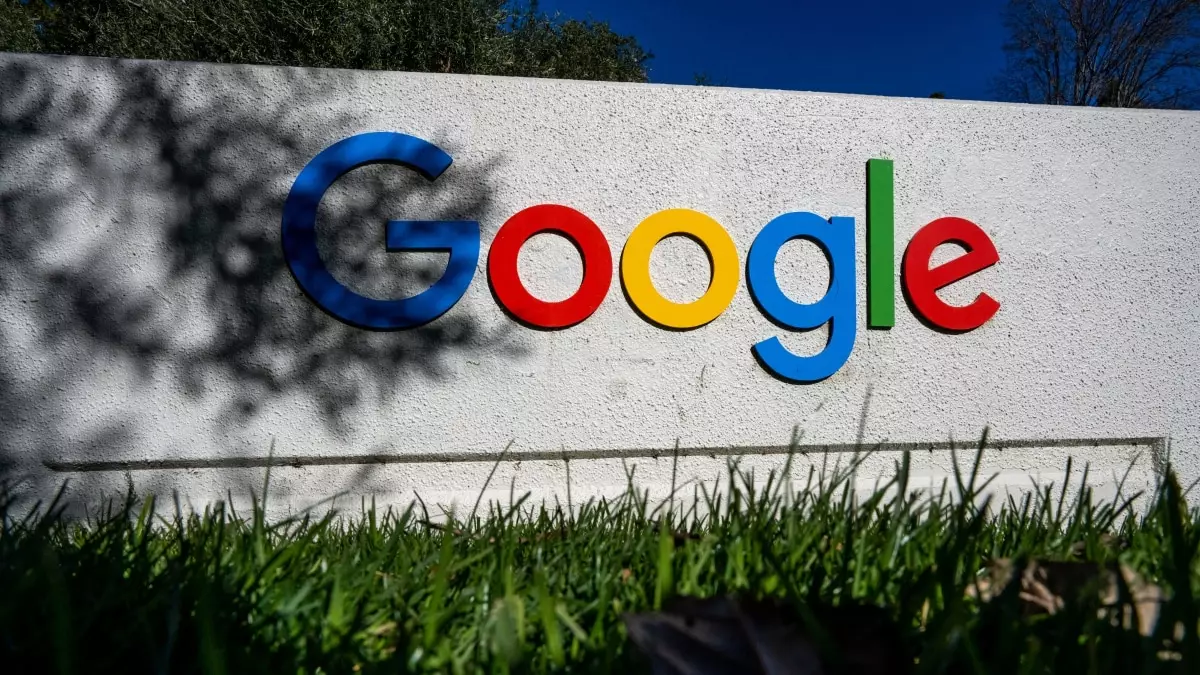In a world where technological advancement appears relentless, Sundar Pichai, the CEO of Alphabet Inc., stands as a beacon of cautious optimism. While rival tech giants like Microsoft have opted to downsize amidst their own AI investments, Pichai has reiterated his commitment to expanding Google’s engineering workforce through 2026. This unwavering belief in human talent is not just a business strategy; it is a declaration that, no matter how advanced artificial intelligence becomes, the human touch remains irreplaceable. The tendency to view humanity as ancillary in the AI narrative is a pervasive misconception bound to falter as professionals like Pichai lead the charge toward a future that melds human creativity with technological resources.
However, this approach raises several ethical questions. While Pichai’s optimism is admirable, it glosses over the underlying anxieties that permeate the industry. What happens to those whose roles are threatened or eliminated by the increasing capabilities of AI? The stark reality is that while Google claims to prioritize human engineers, the specter of job loss looms large, especially given the recent waves of layoffs within the tech landscape. It raises an important dilemma: how can companies truly foster innovation when they are simultaneously dismantling the very workforce that fuels it? This paradox highlights the urgent need not only for talent expansion but also for robust frameworks that protect the workforce.
A Balancing Act: Progress and Pitfalls
As Pichai navigates the complexities of AI, he presents a vision that is equal parts hopeful and grounded. He acknowledges the technical limitations of current AI models—asserting that despite advancements, these systems still make fundamental mistakes. This balanced perspective is refreshing in an industry often characterized by hyperbole and over-promising. He notes that while artificial intelligence can enhance productivity by alleviating the mundane tasks that weigh engineers down, it cannot yet operate on par with human cognition across the board.
Yet, as Google increasingly integrates AI into its search engine, concerns have been raised by content creators about how this transition affects traffic to their sites. Here, Pichai’s assurances that Google is committed to directing traffic where it is due seem belabored. As algorithms evolve, the question remains: how will Google maintain its commitment to human publishers when AI can generate content that potentially rivals it? It is crucial for companies to tread carefully when developing AI systems that are not only advanced but also ethically sound. The balance between leveraging technology and preserving the interests of human creators must not come undone in pursuit of efficiency.
The Military Conundrum: Patriotism or Profit?
In another corner of the tech universe, Meta Platforms’ Chief Technology Officer, Andrew Bosworth, echoed a sentiment that raises eyebrows—claiming a cultural shift within Silicon Valley where the tech industry increasingly supports military endeavors. The partnership with Anduril Industries to develop AI-powered products for the US military brings to light the entwined relationship between technology and defense. Is this renewed camaraderie a show of patriotism or merely a lucrative opportunity?
As tech firms align with government initiatives, we face a significant ethical crossroads. The ethical implications of integrating AI into military applications cannot be overlooked. The advances in AI capabilities promise to transform warfare and national defense, but at what cost? The commodification of technology for military use opens Pandora’s box, leading to potential abuses and the moral ramifications of employing such advanced systems in conflict. A critical analysis of this trajectory is imperative. Industries should not merely ride the waves of profit without assessing the societal consequences of their work.
—
In an age where technology surges ahead, it is paramount that we engage in nuanced conversations around the responsibilities of tech leaders. Sundar Pichai’s vision for AI is commendable, yet fraught with complexities that require ongoing dialogue among engineers, policymakers, and ethicists alike. The challenge lies not just in technological advancement but in ensuring that the innovations of today do not create a dystopian future tomorrow.


Leave a Reply